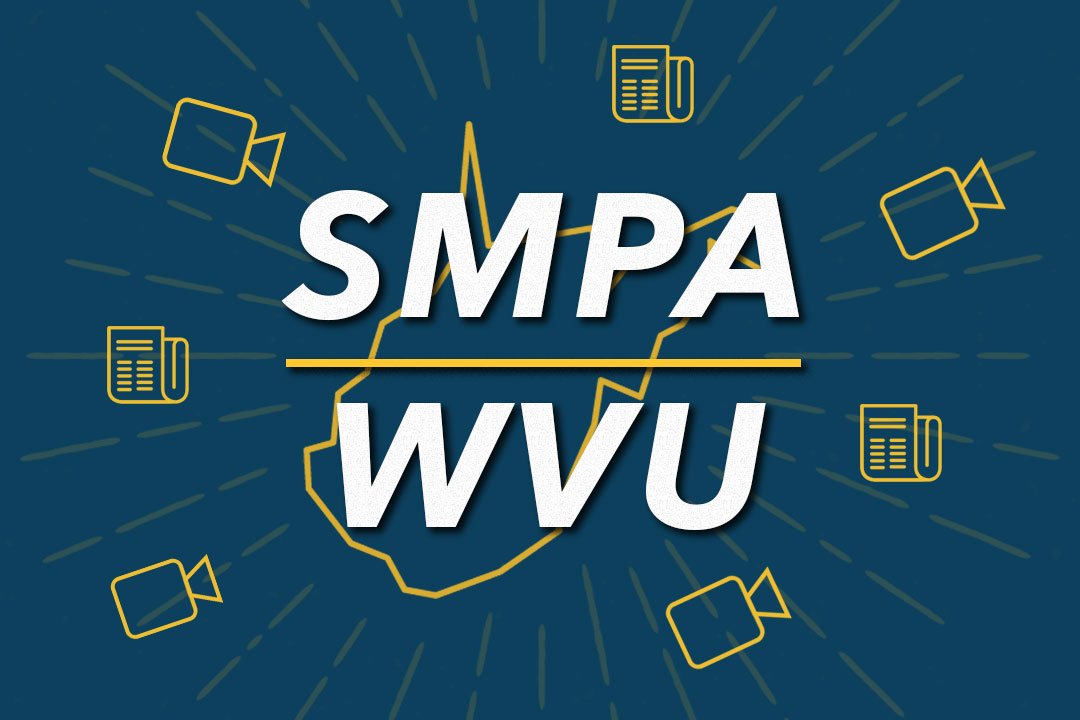In a unique effort to burst long-standing “media bubbles,” students and faculty from the George Washington University School of Media and Public Affairs and West Virginia University Reed College of Media are teaming up for an in-depth reporting project to assess the Atlantic Coast Pipeline’s impact in West Virginia.
The project, which culminates with a four-week intensive collaboration, is being funded by Scott Widmeyer who has played a senior role over the past three decades in strengthening public affairs communications and supporting a wide range of journalistic endeavors. The founder of Washington-based Widmeyer Communications, his firm is now part of Finn Partners, a growing global communications firm where Scott serves as founding managing partner and chief strategy officer in Washington, D.C.
The Atlantic Coast Pipeline is a large, 42-inch diameter, gas pipeline that will originate in Harrison County, West Virginia, and travel through Virginia before reaching North Carolina and decreasing in size. The pipeline was approved by the Federal Energy Regulatory Commission in fall 2017 and construction will continue into 2019.
“This partnership between up-and-coming journalists from WVU and GW will go a long way in showing how we actually can bring folks from different backgrounds together to work smartly and create content that reflects all points of view.”
The GW-WVU team will take a deep dive into the West Virginia natural gas industry from several perspectives. In Washington, students will report on the politics and policy around the natural gas pipeline, meeting with energy and environmental advocates, policymakers and regulators. This experience will inform their field reporting in West Virginia where students will meet with business leaders, policymakers and people who live in communities near the pipeline.
In addition to providing coverage of an important and timely issue affecting these constituencies, the project will also provide a cross-university exchange for students who represent two very different geographic and cultural perspectives.
“We talk a lot these days about red states and blue states, and how the East Coast and West Coast media may be to blame for not getting out of their bubbles. This partnership between up-and-coming journalists from WVU and GW will go a long way in showing how we actually can bring folks from different backgrounds together to work smartly and create content that reflects all points of view,” said Widmeyer.
Widmeyer currently chairs the GW National Council for Media and Public Affairs, the director's advisory body for SMPA, and held a similar role with the WVU Reed College of Media from where he graduated.
The project will delve into economic, environmental and regulatory issues. Research topics under consideration include the impact the natural gas industry has on job creation and the economy of the region; how the pipeline construction will affect the water quality of wells, streams and rivers; and environmental and safety deregulation.
“This collaboration gives students the freedom to experiment with different mediums, tell underreported stories and break down borders by covering stories from both D.C. and West Virginia,” said Jonathan Ebinger, an SMPA lecturer and one of the faculty advisors on the project.
The Atlantic Coast Pipeline project will incorporate several different forms of media to explore and share information. Stories will be published to a dedicated website and through social media in addition to distribution through select media outlets including 100 Days in Appalachia, PlanetForward.org and West Virginia Public Broadcasting.
“Students will gather audio and video, including 360 video, to tell stories along the pipeline’s path,” said Emily Corio, teaching associate professor at the WVU Reed College of Media, and a project faculty advisor. “This project provides students with an incredible experiential learning opportunity in journalism and allows them to be innovative in their storytelling.”
In addition to Ebinger and Corio, the project is being led by Mary Kay McFarland, teaching assistant professor at the WVU Reed College of Media, with support from Frank Sesno, director of SMPA, and Maryanne Reed, dean of the WVU Reed College of Media.
The participating students from GW are Maura Fallon, from Brewster, New York; Andy Weber, from Chicago; and Guy Ginsberg, from Beverly Hills, California. Participating students from WVU include Ireland Butler from Ravenswood, West Virginia; Kelly Lemasters from Weirton, West Virginia; and Anna Saab from Morgantown, West Virginia.
Scott Widmeyer graduated with a journalism degree from WVU in 1975. He was a newspaper reporter in the 1970s, founded Widmeyer Communications in 1988 and sold Widmeyer Communications to Finn Partners in 2013. He is active in many civic and philanthropic causes, has established two scholarships and one professorship at WVU, and is the recipient of several prestigious honors including the “Distinguished West Virginian Award” and being named to the PR News Hall of Fame.


